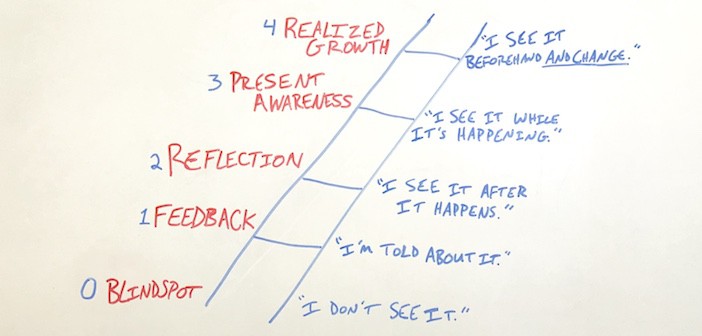Where I live in Northeast Ohio, it feels like winter has started about three different times. We saw snow as early as October yet it was 64 degrees the week of Christmas. With frequently changing conditions, I never know what to expect. Each day, I leave the house asking, “Do I need a jacket? Will I be scraping ice off my car?”
Unfortunately, the unpredictability of a season change can make it more frustrating than exciting. Shifting seasons in your church isn’t all that much different.
Your church requires a different focus and style of leadership at various points in time. In fact, if you can’t remember the last time you changed seasons, it’s probably time to do so. But changing seasons without clear communication can leave your team and congregation both confused and concerned.
[Tweet “If you can’t remember the last time your church shifted seasons, it’s probably time to do so.”]
When people are caught off guard by a season change, it’s easy for them to feel confused, uncomfortable, frustrated, and unprepared. They start to say things like, “We’ve never done it like that before.” “This doesn’t feel like the same church I once loved.” Or just simply, “That’s not my job.”
But when they’ve had the opportunity to see it coming, it’s much easier for them to feel excited, cared for, hopeful, and prepared. They start saying things things like, “I’m glad we’re trying something new!” “This is the reason I love this church.” “My job is the greatest.”
[Tweet “Shifting seasons without providing extreme clarity will create confusion every time.”]
As you enter your next season of ministry, be sure to define it. Understanding these common four can help you get started:
1. Season of Building
Developing something new on top of what you’ve done.
In this season, you’re not making significant changes to your existing strategy, programming, or staff structure. But you are adding an additional component that you feel your church needs. This may be a new ministry, a new department, or a new partnership in the community. People need to know what this development entails.
2. Season of Change
Shifting what you do and how you operate.
You might be changing your worship style, ministry strategy, staff structure, or something else. This season can create the most anxiety for your team as everyone wonders how much their ministry will be affected. Clear and continuous communication about what is (and isn’t) changing is essential here.
[Tweet “During change, clear and continuous communication about what is (and isn’t) changing is essential.”]
3. Season of Reduction
Eliminating some of what you do.
You may be phasing out an underperforming ministry or combining multiple teams into one. You may also be responding to a financial need by cutting back non-essential expenses. Whatever the case may be, your team needs to know what is being reduced and why. John 15:2 can provide inspiration for this season.
4. Season of Strengthening
Maximizing what you currently do.
Maybe your current strategy is already effective. But rather than taking it easy, you want to make the most of it. You might enhance your systems, develop better training programs, or invest in the culture of your team. In this season, people need to know that you’re focused on gathering and responding to feedback for improvements. They also need to know that you’re not looking for them to start anything new.
Your church may be in one of these seasons, a combination, or another completely different. Whatever the case, each time you sense a shift in season, be sure to ask yourself these three questions:
1. What type of season does our church most need?
Visionaries often have more ideas than their church is ready for. Talk to other leaders about what your church needs most.
2. What will this season require of my team?
Identify the focus and skill sets this next season will require of each team member. Then communicate those needs early and with care.
3. What will this season require of me?
Your own leadership approach must also shift with each season. Be honest about the ways you’ll need to adjust. Outside perspective is critical here.
Whatever your next season of ministry may be, identify it, define it for your team, and create as much clarity as possible as you lead them through it. I imagine they’ll follow you into a blizzard if you first give them a chance to put on their jackets.
[Tweet “Your team will follow you into a blizzard IF you first give them a chance to put on their jackets.”]



